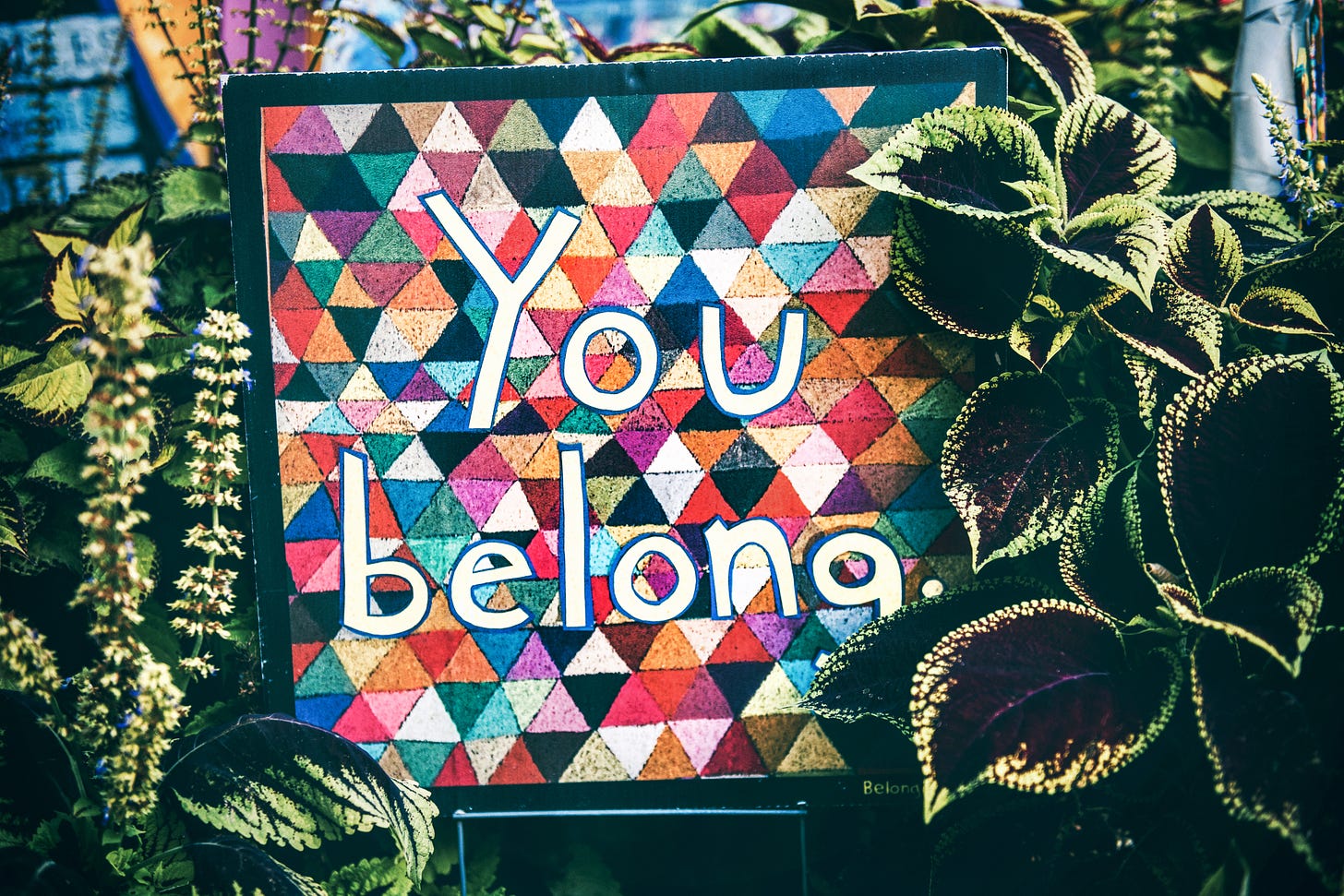How Leaders Can Make the Open Door Policy, Inclusive
A 2 min read on creating psychological safe environment where teams can belong & grow.

In the US, every leader has an open-door policy, i.e., come anytime and ask any questions. Open-door policies are meant to encourage openness and transparency for the employees. While the idea is excellent, it only sometimes works, especially for immigrant individuals. Let's understand why and how to fix it.
For an individual to take advantage of an open-door policy, two things have to be true:
They must have enough self-confidence, &
They must feel psychologically safe.
Most immigrants lack self-confidence when they first enter new workspace. The language and work environment is new. Understanding cultural nuances also takes time.
Over time, people build enough self-confidence. But that's only half the battle.
The other significant aspect of the open-door policy is psychological safety. This is something that the employee doesn't control. It's up to the organization's leaders to create a psychologically safe environment for everyone on the team. It's essential when the team has diverse employees of different nationalities.
IMO, leaders must go the extra mile to make the team feel psychologically safe.
However, and this may come as a surprise, but many immigrant employees don't know what psychological safety is. Many have not experienced it in their country of origin. Some didn't experience it at home. And it may be worse for females and LGBTQ+.
So, before discussing how to create a psychologically safe environment for teams, let's consider its definition.
What is Psychological safety?
"Team psychological safety is a shared belief held by team members that it's OK to take risks, to express their ideas and concerns, to speak up with questions, and to admit mistakes — all without fear of negative consequences." - Harvard Business Review.
That's a fantastic definition.
As an immigrant myself, I remember when I first experienced psychological safety, it seemed so foreign and new. Yet, it felt great.
But feeling psychologically safe is not a one-time thing. You have experienced it consistently. Over time, you develop the sense of belonging. And once you have enough self-confidence, you get a individuals that can take advantage of the open-door policy.
How do we build psychological safe environment?
Many books have been written on the topic of psychological safety. I won’t attempt to summarize them here.
However, I will share how I practice creating a psychologically safe environment for my team members.
Be candid.
Share your true self.
Share your mistakes and what you've learned from them.
If someone makes a mistake, don't seclude or isolate them. Use inclusive language and share the ownership of the mistake.
Encourage each team member to share their input.
Help them grow and teach them the ropes.
And, practice these everyday.
It's amazing what people bring to the table when they feel they belong. Remember, great leaders build great companies, that build great products and that requires great people. The character of a product is the summation of the characters of the people who built it. Inclusive people build inclusive products. And inclusive products are what this world need.
Couple psychological safety with confidence and you get a fantastic team that can scale any mountain and run through any wall together. And in the meantime, they will use your open-door policy to tell how we should succeed next and what problems we should solve.
Till next post, happy building great and inclusive teams!

